The Honey Harvest
A Tale of Resilience and Reverence
The sun was just beginning to rise over the rolling hills surrounding Lučenec, casting a golden glow over the landscape. From his modest home, nestled at the edge of the town, Peter tightened his boots and prepared for one of his favorite rituals: the honey harvest. It was early autumn, the air crisp with the scent of drying leaves, and the bees had been busy all summer. Their hives, situated in a quiet grove at the edge of his property, were heavy with the golden treasure they had tirelessly produced.
This year had been a particularly good one. The bees had feasted on the wildflowers that blanketed the surrounding meadows. Their honey would be rich, fragrant, and dark with the essence of summer. Peter smiled to himself as he approached the hives, carrying his smoker and tools.
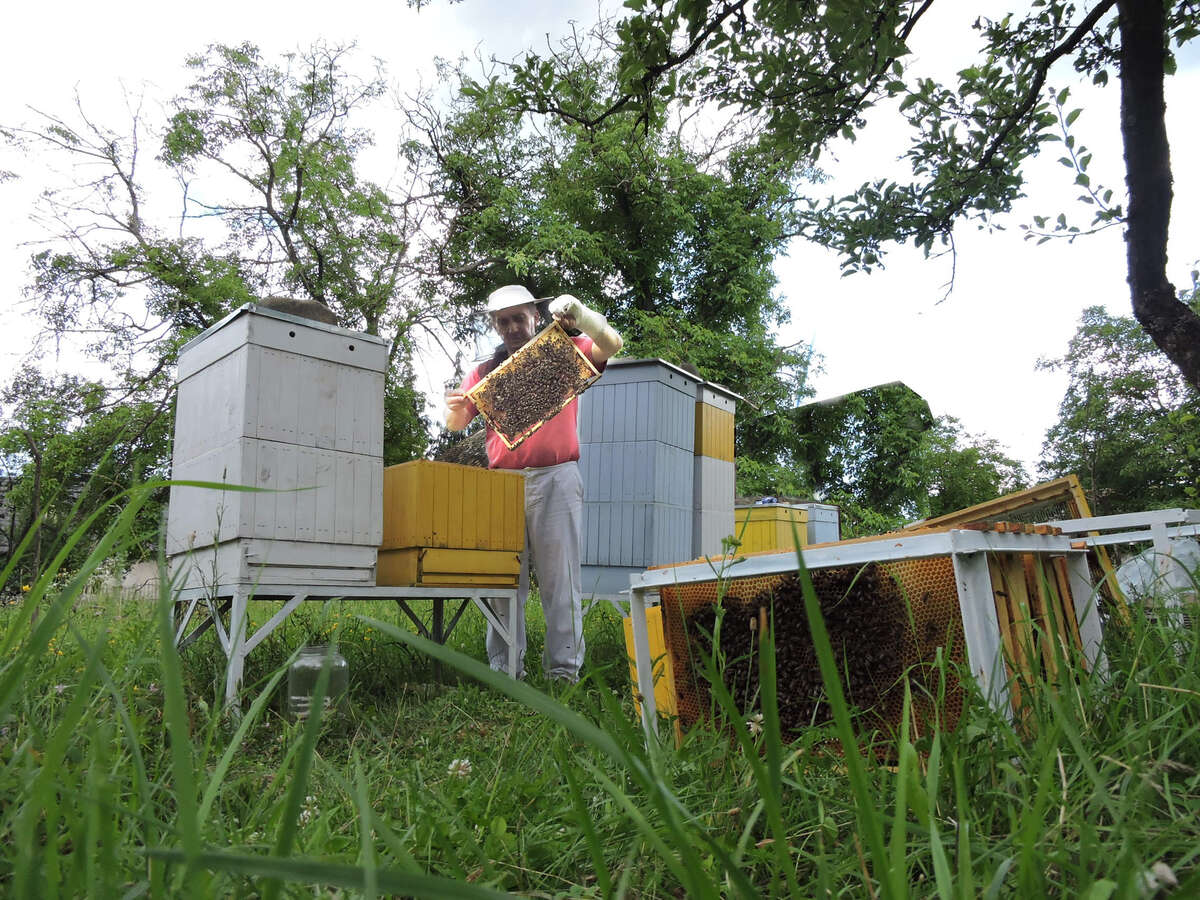
The Dance with the Bees
As he approached the hives, Peter could hear the soft, low hum of the colony, a sound that always filled him with awe. To the untrained ear, it might seem chaotic, but to him, it was a symphony. The hive was alive with purpose, every bee knowing its role in the intricate web of life within.
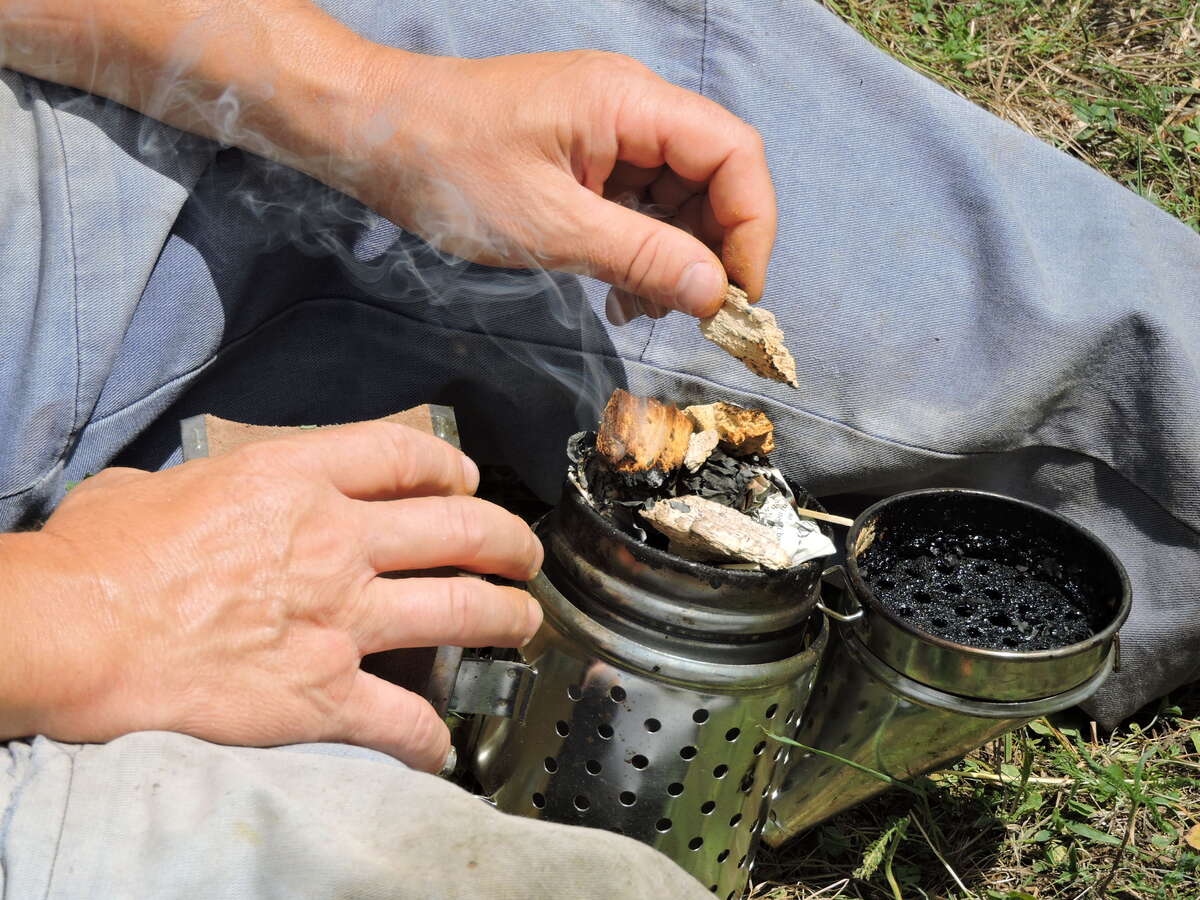
He set down his tools and began lighting the smoker, stuffing it with dried grass and pine needles. The smoke would calm the bees, signaling to them that there was no imminent threat. Still, even with the smoke, there were always a few curious or defensive workers who would venture too close. Peter had been stung more times than he could count over the years. His body had developed a remarkable resistance to apitoxin—the venom in bee stings. A sting that would leave others swollen and in pain for days merely caused him a momentary flash of heat and a mild itch.
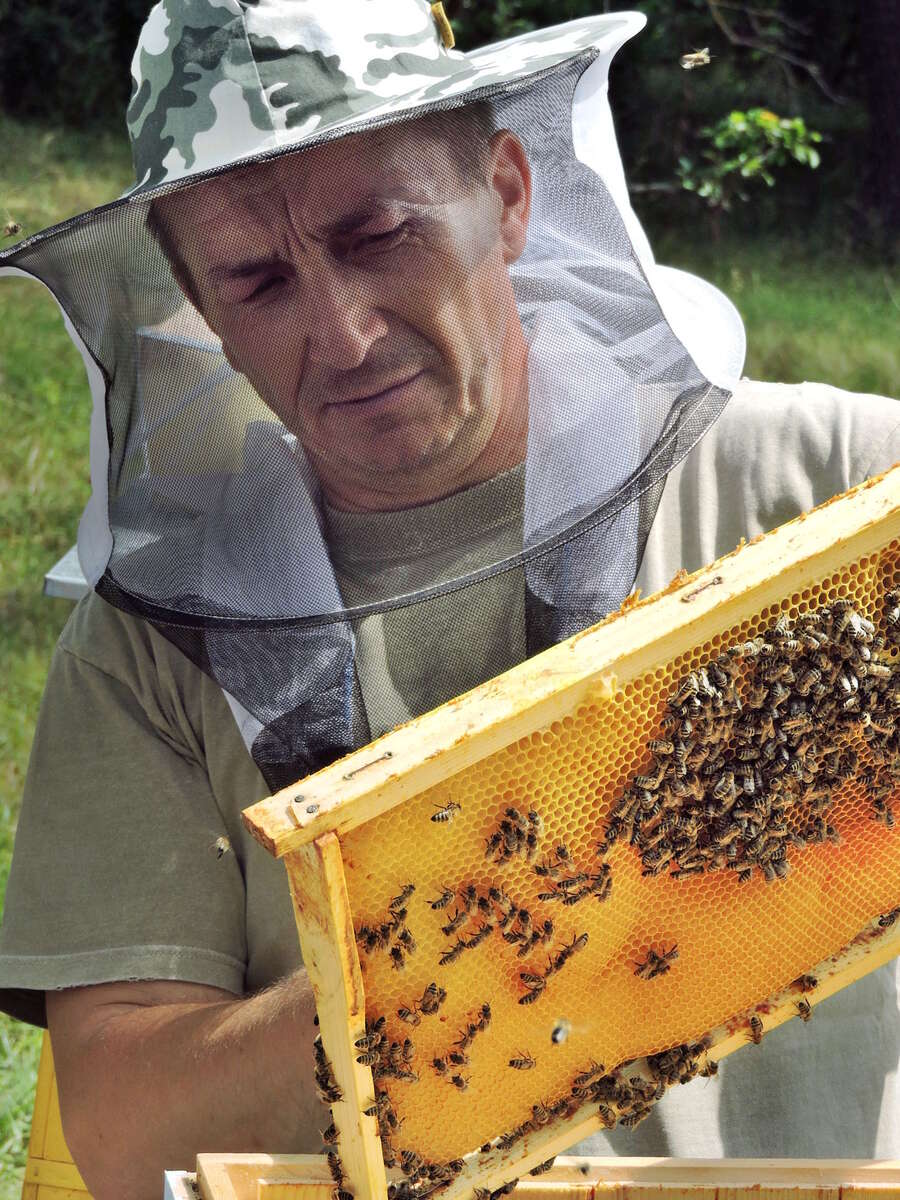
“It’s part of the job,” he would often tell his students when they asked about his swollen hands or arms after a harvest. “The bees don’t mean harm; they’re just protecting their home. I’d do the same.”
Today was no different. As soon as he opened the first hive, a few agitated workers darted toward him. One landed squarely on the back of his hand and delivered its sting. Peter didn’t flinch. He simply smiled, brushing the bee away gently and muttering, “Ďakujem,”—thank you. He believed each sting made him stronger, a gift from the hive to the beekeeper.
The Harvest Begins
Carefully, Peter began removing the frames from the hive, each one heavy with capped honeycomb. The sight of the amber-colored honey glistening in the morning sun was breathtaking. The bees had done their job beautifully, and now it was his turn to repay their hard work with careful handling.
As he worked, he murmured words of gratitude to the bees. It was a habit he had picked up from his grandfather, who had taught him the art of beekeeping. “Always respect the hive,” his grandfather had said. “They’ll sense it, and they’ll respect you back.”
Peter lifted a particularly heavy frame and brought it closer to inspect. The honeycomb was perfect, its cells filled to the brim and neatly capped with wax. He placed it in his crate and replaced the frame with a new one, ensuring the hive had enough space for the bees to continue their work.

When the crate was full, he carried it to the extractor set up in a shaded corner of the grove. The bees followed him, some landing on the frames as if to inspect his work. He chuckled. “You’ve done well this year,” he said aloud. “Don’t worry; I’ll take good care of this.”
The Extraction Process
The extractor was a shiny stainless hand-cranked centrifuge, designed to spin the frames and release the honey. Peter carefully uncapped the wax seals on each frame using an uncapping fork. The scent was intoxicating—floral, sweet, and earthy. It filled the air around him, drawing a few bees closer, as though they couldn’t resist tasting their own creation.
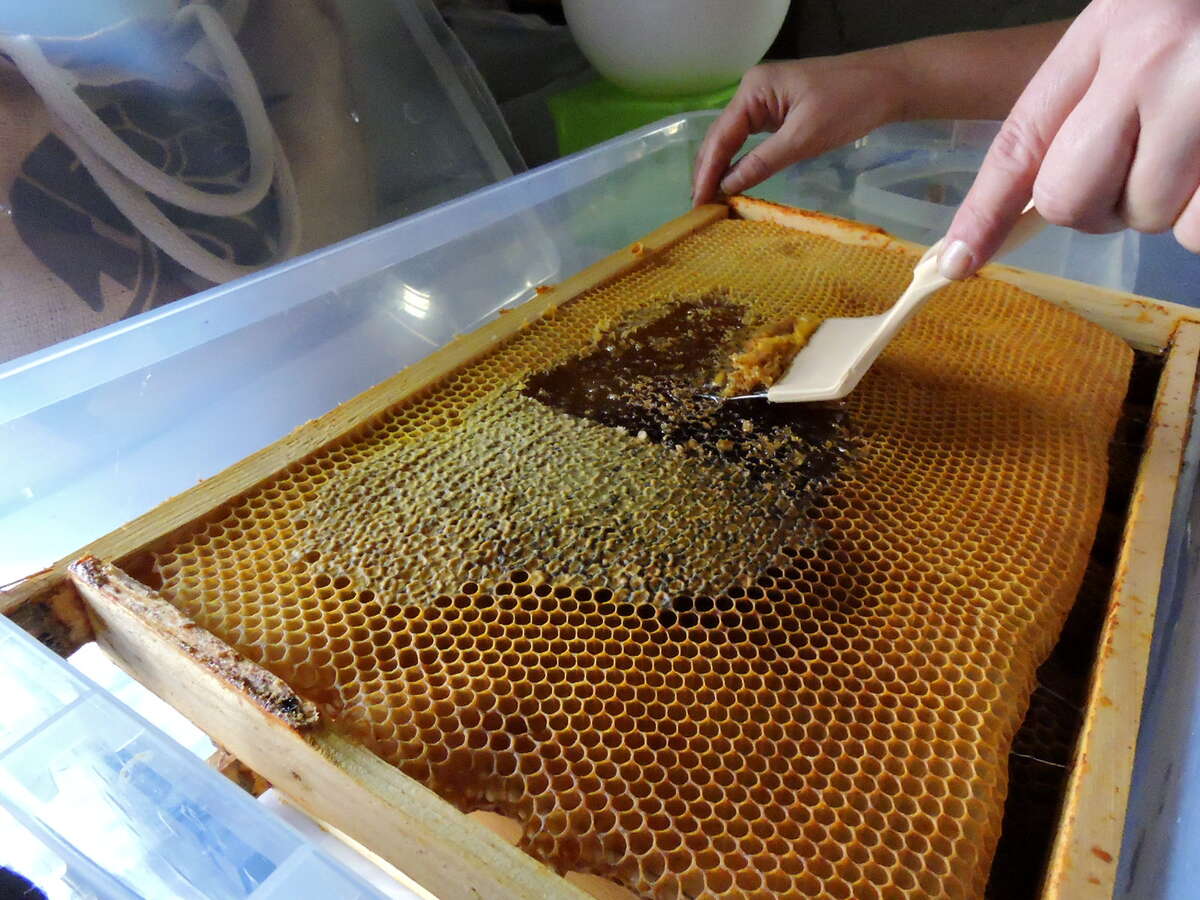
As he worked, Peter fell into a rhythm, the motion of the extractor and the hum of the hive blending into a meditative experience. He thought about the interconnectedness of it all: the flowers, the bees, the honey, and the people who would eventually enjoy it. Every jar of honey he sold or gifted was a piece of this cycle, a reminder of how small actions—like planting wildflowers or tending to a hive—could have a ripple effect on the world.
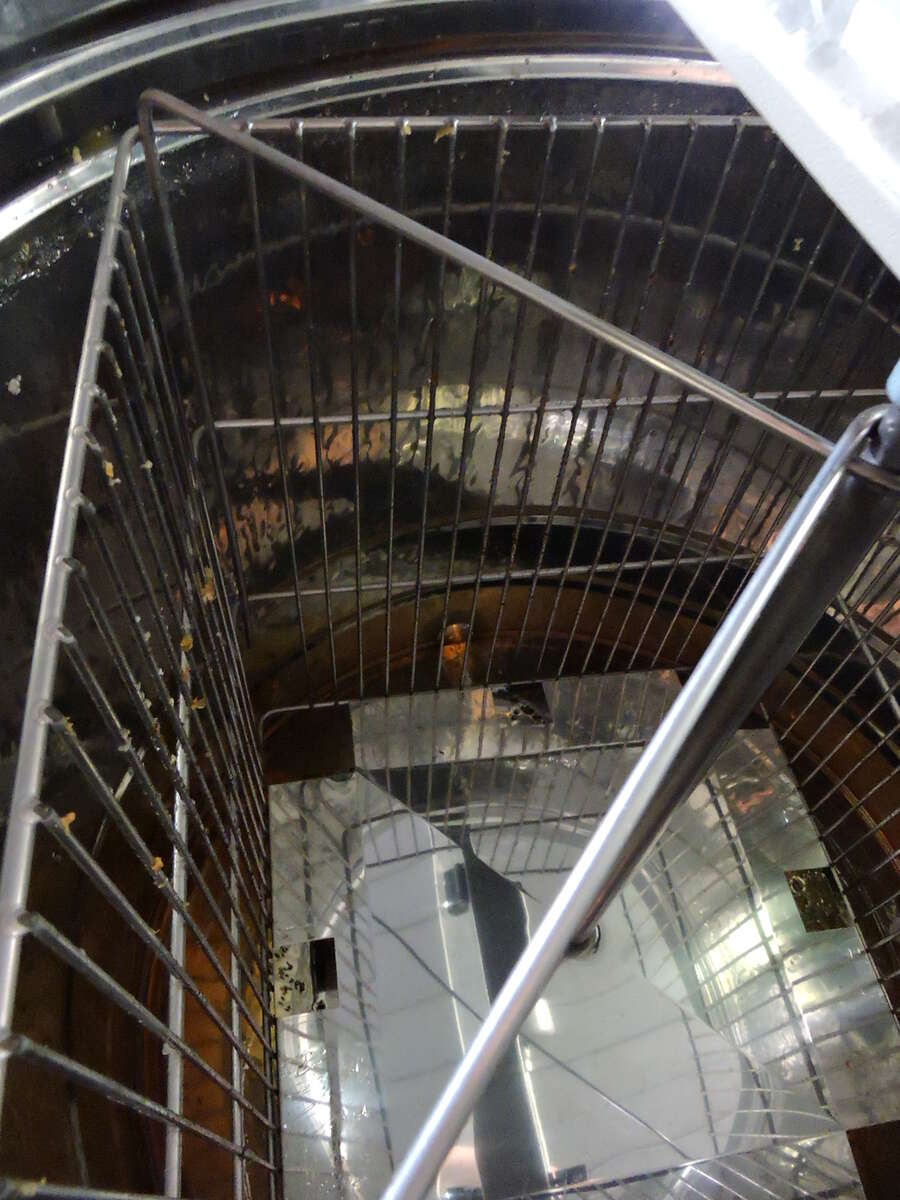
Occasionally, he was interrupted by a sting. A bee would land on his neck or wrist, perhaps disoriented by the smoke or protective of the honey being extracted. Each time, Peter simply smiled and carried on. His resistance to the venom was almost legendary among his friends and family. “You’re half-bee yourself,” his brother had joked once. Peter liked the thought of that. Maybe he was.
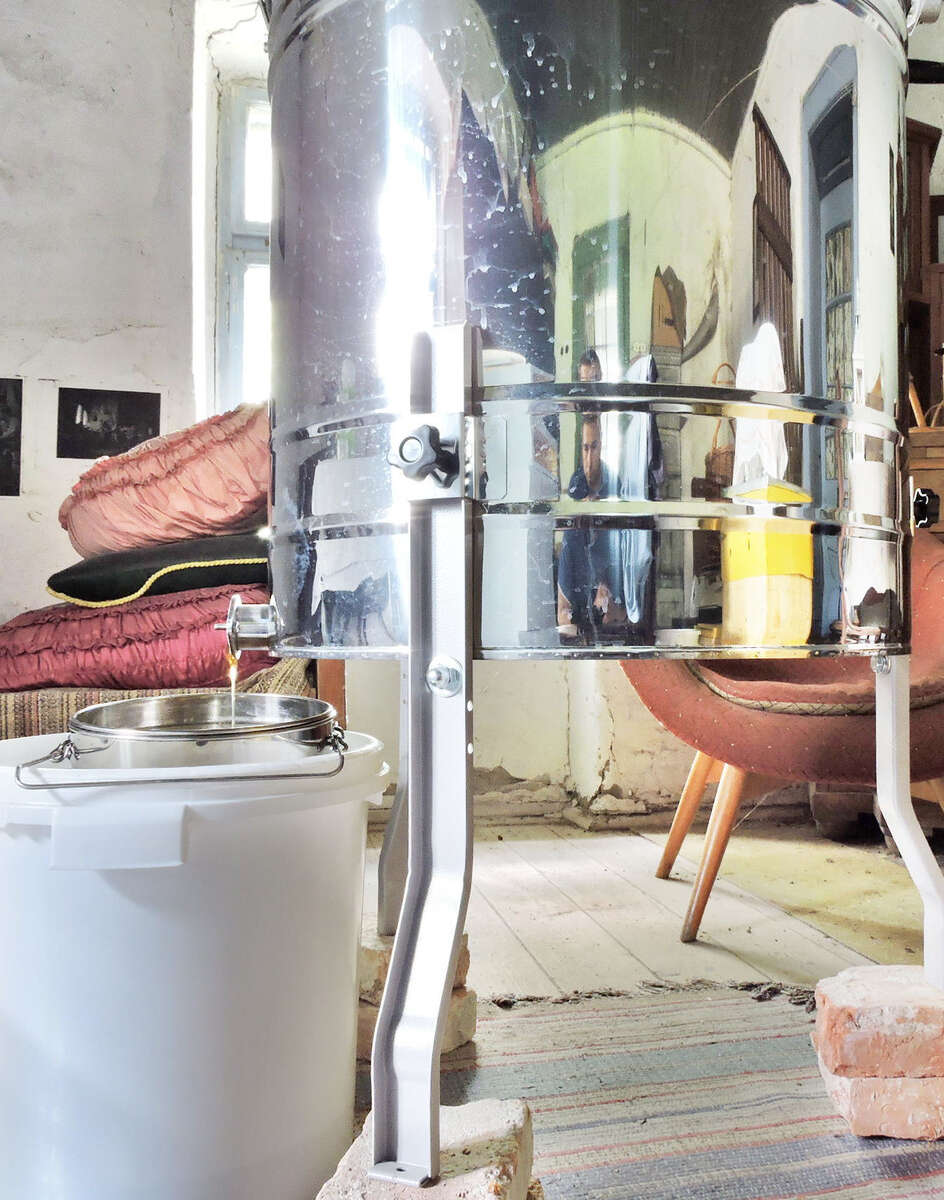
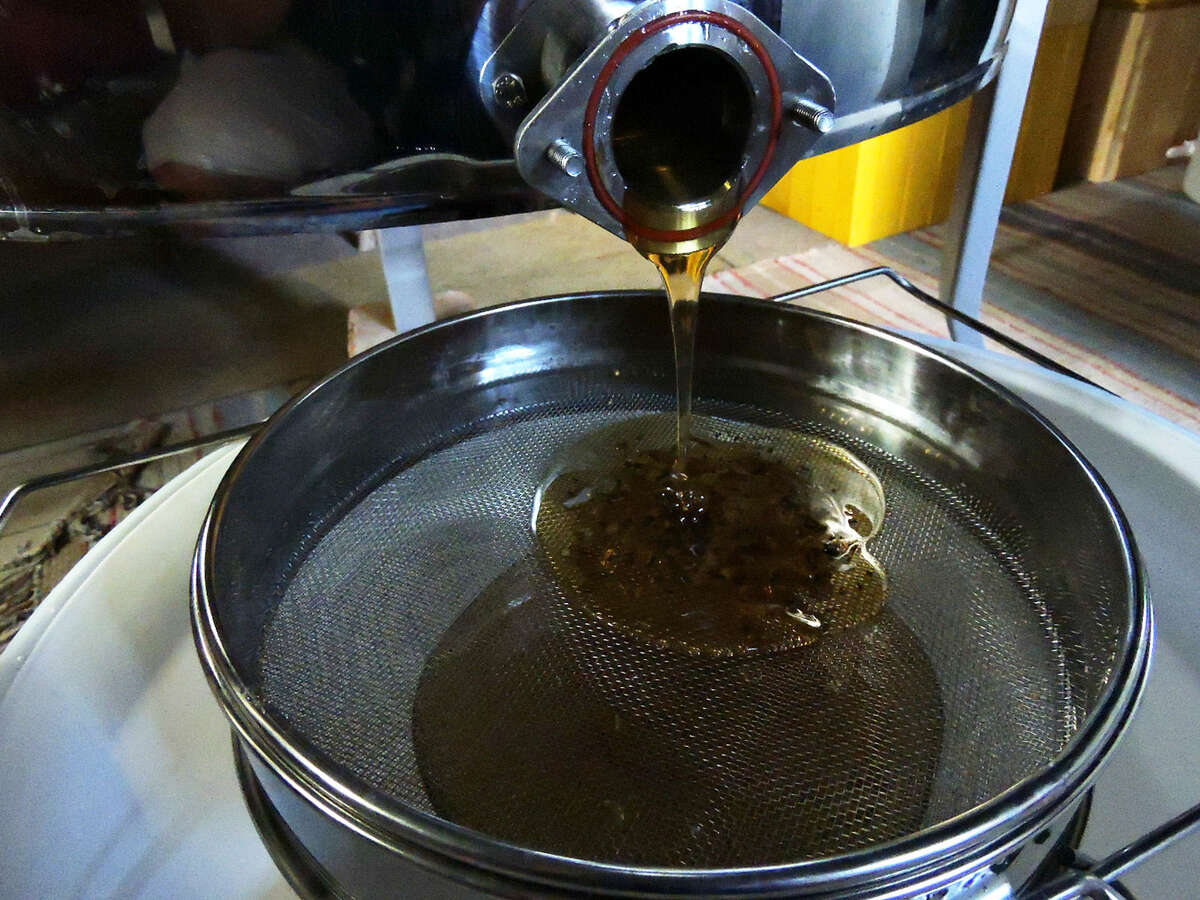
A Moment of Crisis
As the morning wore on, Peter was nearing the end of the extraction process when he noticed something unusual. One of the hives seemed quieter than the others. Concerned, he set down his tools and approached it. The bees were moving sluggishly, and there was a strange, musty smell emanating from the hive.
His heart sank. This was a sign of foulbrood, a bacterial disease that could devastate a colony if not addressed quickly. Peter donned a fresh pair of gloves and carefully opened the hive, inspecting the comb for the telltale signs. His worst fears were confirmed: several cells contained larvae that had died and begun to decay.
For a moment, he stood still, the weight of the discovery settling on him. Losing a hive was always a possibility, but it never got easier. These bees had worked tirelessly all season, and now their colony was in jeopardy.
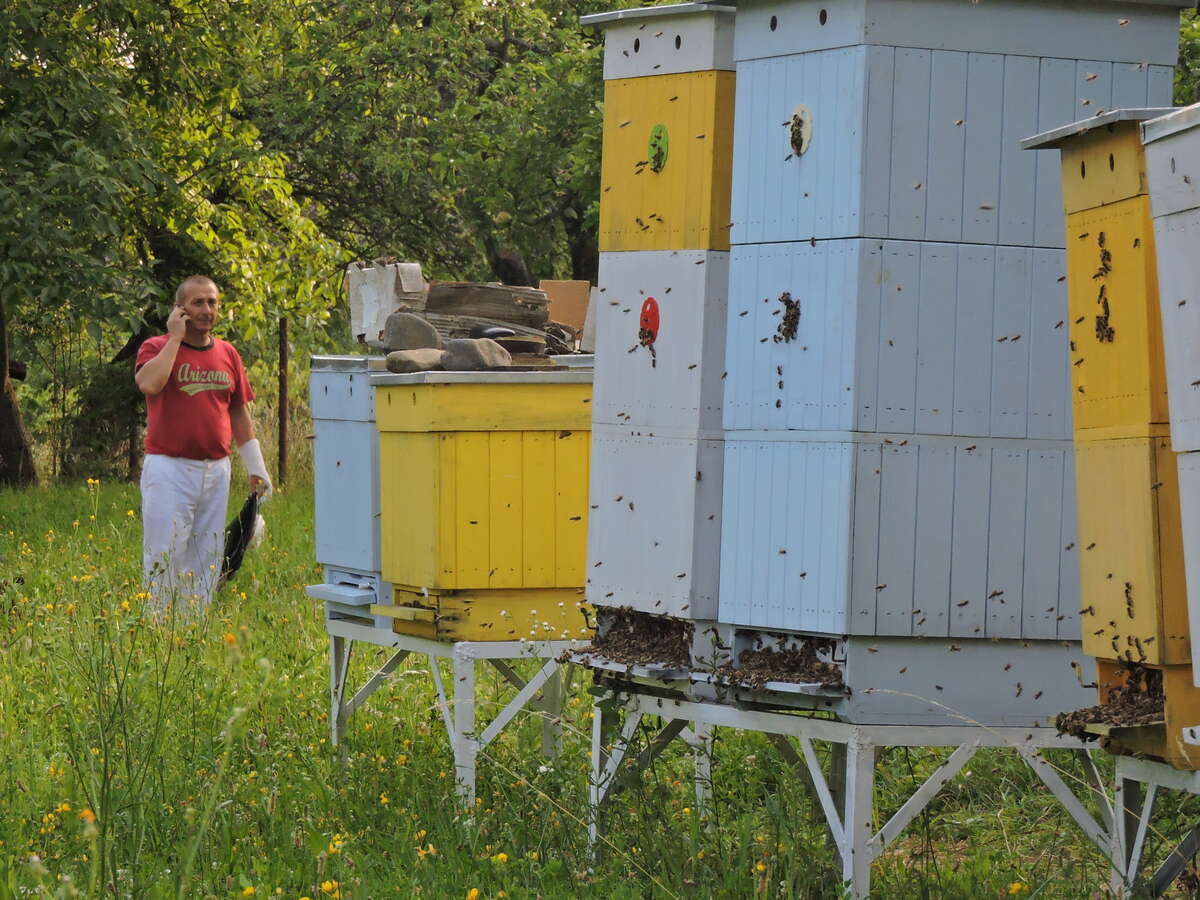
But Peter was not one to despair for long. He took a deep breath and began removing the infected frames, sealing them in a plastic bag to prevent the bacteria from spreading. He would burn them later, a necessary but somber task. “I’m sorry,” he whispered to the bees. “I’ll do everything I can to help you.”
He made a note to treat the remaining frames with antibiotics and to inspect the other hives more thoroughly in the coming days. The work of a beekeeper was never done, but it was work Peter embraced wholeheartedly.
The Sweet Reward
By mid-afternoon, the honey extraction was complete. Peter stood back and surveyed the jars of honey lined up on his workbench. The sunlight streaming through the trees illuminated their golden contents, making them glow like liquid sunshine. Each jar was a testament to the partnership between man and bee, a labor of love and mutual respect.
He dipped a spoon into one of the jars and tasted the honey. It was exquisite—rich and complex, with notes of wildflower and a hint of lavender. It was unlike anything store-bought, a true reflection of the land and the bees that had produced it.
Satisfied, Peter began cleaning up, carefully returning the empty frames to the hives and making sure the bees had enough food to sustain them through the winter. As he worked, he felt a deep sense of gratitude—not just for the honey, but for the bees themselves and the lessons they taught him every day.
The Final Reflection
As the sun began to set, Peter sat on a log near the hives, a jar of honey in his hands. The bees were settling in for the evening, their hum quieter now but still present. He thought about the challenges he had faced that day—the stings, the discovery of foulbrood—but also about the rewards. Beekeeping was not easy, but it was profoundly fulfilling.

For Peter, the honey was more than a sweet treat. It was a symbol of resilience, cooperation, and the delicate balance of nature. Each jar contained not just the labor of the bees, but the care and dedication of a beekeeper who saw himself as their partner and protector.
As he watched the first stars appear in the sky, Peter smiled. The work of the day was done, but the work of the hive continued, as it always would. And that, he thought, was something worth celebrating.